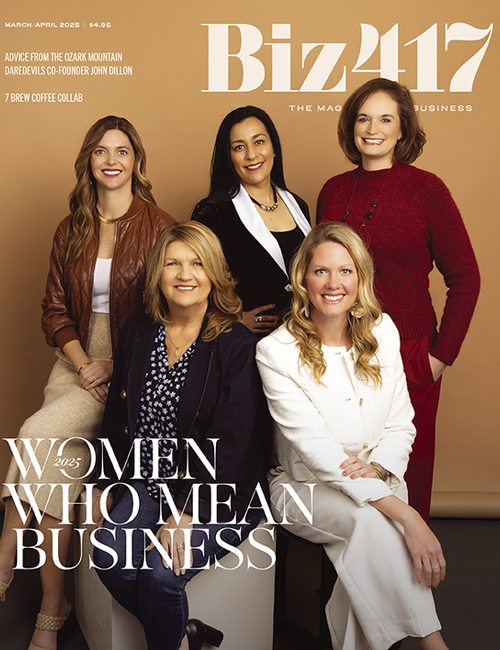
Strategy
Considering a Career Change? Steps to Make the Switch
Job searching is stressful enough without attempting to land a position in a new industry, but that shouldn’t stop you. Two experts discuss how to successfully change fields.
By Savannah Waszczuk | Illustration by Ryan Saunders
Sep 2017

When 5 p.m. on Sunday rolls around, how do you feel? If you absolutely dread the thought of going into the office the next morning, it might be time to consider a new career. “Listen, life is too short,” says Mike Patrick, District Manager at Human Resource Staffing. “If you are getting sick to your stomach because you have to go back to that awful place tomorrow, it’s time to do something different.”
If you’re simply unhappy with the company you work for, the solution is obvious—look for another job in your field. But what if it’s the field you’re in that you’re unhappy with? That’s where Patrick comes in. He switched professions 18 years ago and now helps numerous local businesses find employees through his job at Human Resource Staffing.
Patrick’s first tip is to be patient. “You should plan on taking a few steps backwards to take a step forward,” Patrick says. “That’s probably what’s going to happen. It’s going to take time to progress, unless you’re very, very fortunate.” Start the process with extensive research. Check out online forums to get overviews of different industries, and join local networking groups to make new connections. Talk to established employees in your desired field and check to see if there are classes you can take—or even if there is someone you can job shadow—to learn more. If your ideal role requires certifications or degrees, get them. “If you can show that you’ve already made that investment and you have those certifications, it goes a long, long way,” Patrick says.
When it’s time to update your resume, think about your transferable skill sets. “Ask yourself, ‘What’s going to make me attractive to an employer?’” Patrick says. “That’s going to be the most important thing.” Allow yourself to be open-minded during this part of the process. “If you can broaden your resume just a little bit, that helps,” Patrick says. “Then you can tailor it depending on your potential employer.”
When you hand in your resume, don’t forget the cover letter, and drop it off. “Even if it says to apply online, find out where that office is and hand deliver it,” Patrick says. This will help set you apart. Once you land an interview, be gracious. “Start with something like, ‘I love what I do, however, your position intrigued me,’” Patrick says. Think about the things you can add to the new organization with skills you acquired from your old profession, and think of some successful professional projects and experiences you can share for possible interview questions.
Sarah Smith, who work as a content writer at Campaignium, left the world of academia to enter the fast-paced world of digital marketing, so she knows all about changing careers. She worked as a freelancer during her transition between the two fields. If freelancing is an option in your desired field, she suggests giving it a shot. “I can’t say freelancing is the answer for everyone, but it was a good experience for me,” she says. Smith also suggests approaching your new career with an open mind and having conversations with people in that industry. “If there are people you know in the industry you want to be in, talk to them,” Smith says. “Meet them for coffee. Have lunch. You’re not trying to get a job, you’re just picking their brain and getting their thoughts.”












